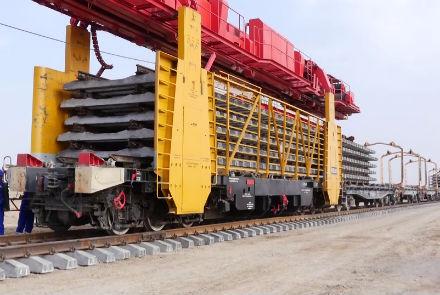The Central Statistics Organization (CSO) on Monday said in the first nine months of 1395 the country's economy increased by more than two percent and the trade deficit balance dropped considerably.
According to CSO statistics, export increased by eight percent and imports decreased by 19 percent in 1395.
“Statistics show that Afghanistan’s economy is growing and if it continues, we will witness good economic changes in the next few years,” said Hasibullah Movahid, technical deputy of CSO.
A number of Afghans, however, said they don't see significant changes in their economic situation; and that they even cannot afford to buy certain goods.
“As we see at the market, the economic situation is getting worse and fewer goods are being bought and sold,” said Kabul resident Nawidullah.
“I got my master's degree in Pakistan, but I have been jobless for three years,” said Amanullah Ahmadzai, another Kabul resident.
Meanwhile Afghanistan's trade relations also increased with China, Turkey, Turkmenistan, Kazakhstan, Georgia, Iran, India and other countries in 1395 as new transit routes with China, Central Asia and Chabahar port were opened.
However, transit and trade values with Pakistan decreased due to a number of problems.
“In 1395 Afghanistan was putting an end to dependency on Pakistani markets and if it continues, I hope that in the near future our economic relations will increase with other countries and our dependency on Pakistani markets will decrease more and more,” said Qais Mohammadi, an economic analyst.
However, the Afghanistan Chamber of Commerce and Industries (ACCI) stated that insecurity, corruption, lack of infrastructure and problems with laws were the most challenging issues for the private sector and that more than 2,000 companies have rescinded their licenses due to strict tax rules.
"Due to these problems nearly 2,000 companies rescinded their licenses and also a number of factories slowed down their activities and a few other factories were closed in Kandahar and Nangarhar provinces," said Siam Pesarlay, ACCI spokesman.
But cooperation with regional countries also improved in 1395 and large projects kicked off including TAPI, CASA 1000 and Railway projects.


